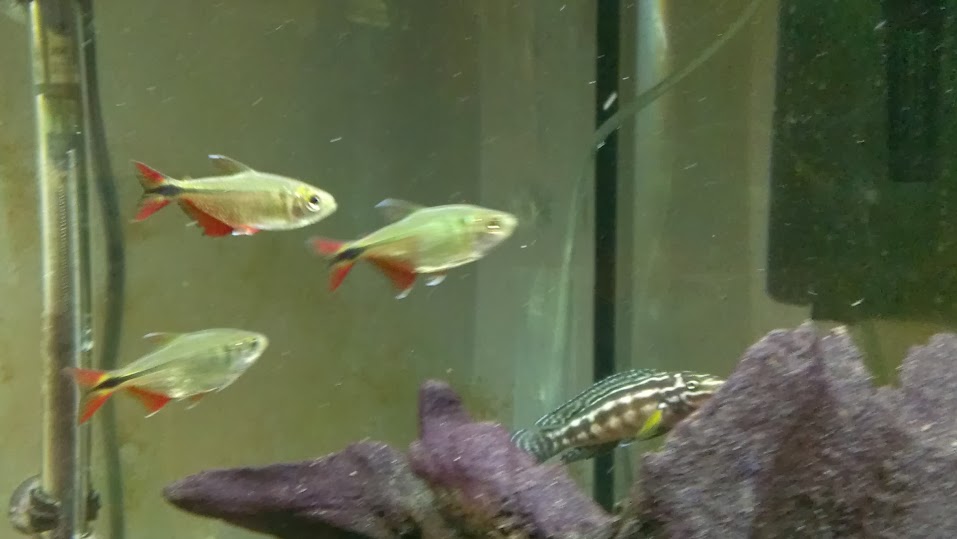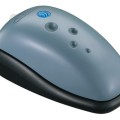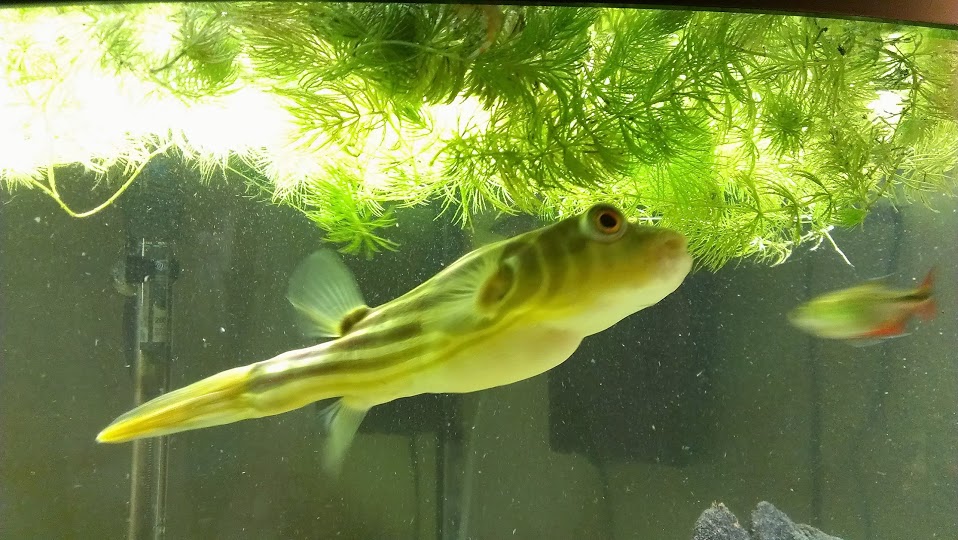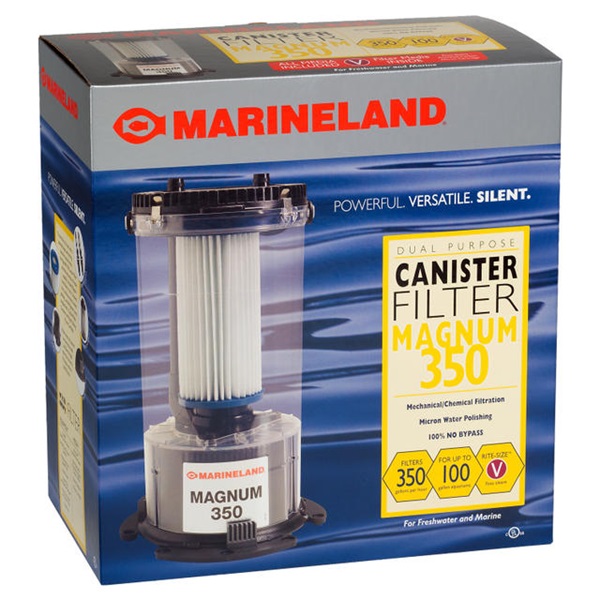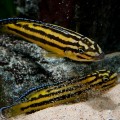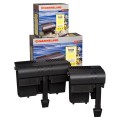The Buenos Aires Tetra is a robust aquarium fish from South America. They are a slightly aggressive species and can be hard on some tank mates. Their striking color and active nature makes them a great addition to the aquarium.
Size: Buenos Aires Tetras are one of the larges species of tetra, growing to nearly 3 inches. When you see them in the aquarium store they are normally juveniles and are only around 1 inch in length. They grow quickly and should achieve their maximum size within a year.
Tank Size: I would suggest at least a 29 gallon for these fish. They are very active swimmers and should be kept in a longer aquarium. They will dart back and forth chasing each other.
Diet: Buenos Aires Tetras will accept any common flake food, but they are aggressive eaters and will try to each anything they can get in their mouths. (luckily their mouths are small) Mine live with a Fahaka Puffer so they get bits of clam, krill, earth worms, and anything else the puffer eats. They will also eat frozen foods such as brine or mysis shrimp.
Temperament and Tank Mates: The Buenos Aires Tetra is a semi-aggressive fish. They will do well with other semi-aggressive community fish such as other larger Tetras, Tiger Barbs, Rainbow Sharks, and Clown or other loaches. They can also live with some cichlid species. They are very fast swimmers and would do well as dither fish in a Tanganyikan Community. I would be very careful putting them with larger more aggressive cichlid species as they may become food or get beaten up. You should be cautious housing them with any long finned aquarium fish because they tend to nip.
Since they are a schooling fish, Buenos Aires Tetras should be kept in groups. I would suggest 5 or more. I have 3 together and one seems to get picked on by the other 2.
Breeding: Buenos Aires Tetra breeding is fairly simple. The males are a little more shallow bodied than females. The females have a rounder stomach. They will scatter the eggs and the eggs will hatch within 24 hours. The parents will eat the eggs and young fish so if you would like to keep any of the fry you should remove the parents or have lots of plants or other hiding places.

